The Significance of Sleep in Our Lives
Since the dawn of life on Earth, sleep has been an integral part of various species' lives, adapting to their needs and environment. Early humans slept in shorter intervals to avoid predators and adapt to their surroundings, while modern humans have developed more consistent sleep patterns. Several theories, including energy conservation, restoration, and brain plasticity, have been proposed to explain the evolutionary origins of sleep, highlighting its complexity and multifaceted nature.
Sleep serves essential functions crucial for maintaining our overall health and well-being. During deep sleep, our brain filters waste products, preventing the buildup of harmful proteins associated with cognitive decline and Alzheimer's disease. Sleep also plays a vital role in memory consolidation, learning, mood stabilization, and emotional resilience. Moreover, it promotes restorative functions such as tissue repair and growth, as well as immune function regulation, which are indispensable for our physical health.
However, the modern lifestyle, characterized by widespread technology use, has significantly impacted our sleep quality. Devices such as smartphones, tablets, and computers emit blue light that interferes with melatonin production and disrupts our sleep-wake cycle. Additionally, constant digital stimulation makes it challenging to unwind and relax, further contributing to poor sleep quality.
As a result, maintaining a healthy sleep routine is more important than ever. By creating a sleep-conducive environment, establishing a consistent sleep schedule, limiting exposure to screens before bedtime, and engaging in relaxing bedtime routines, we can improve our sleep quality and support our overall well-being. Managing stress through techniques such as meditation, yoga, or journaling, and being mindful of our diet and exercise routines, can also contribute to better sleep.
Understanding the evolutionary origins and primary purposes of sleep helps us appreciate its significance in our lives. Prioritizing sleep and establishing healthy sleep habits are essential for supporting our mental, emotional, and physical health in today's fast-paced world.
Different Theories Explaining the Evolution of Sleep
%20lower%20quality.jpg)
Several theories have been proposed to explain the evolutionary origins of sleep. While no single theory can account for all aspects of sleep, each offers valuable insights into the possible reasons behind its development.
Energy Conservation Theory
The energy conservation theory posits that sleep evolved as a way to conserve energy during periods of inactivity. By reducing metabolic rate and body temperature during sleep, organisms can save energy resources for times when they are needed most, such as hunting for food or avoiding predators. This theory is supported by the observation that many animals, including humans, have a reduced metabolic rate during sleep.
Restoration Theory
The restoration theory suggests that sleep serves as a time for the body and brain to recover and repair themselves from the wear and tear of daily activities. This theory is supported by the fact that many restorative processes, such as tissue repair and the release of growth hormone, primarily occur during sleep. Additionally, sleep has been shown to play a vital role in the filtration of waste products from the brain, further supporting the idea that sleep is essential for bodily restoration.
Brain Plasticity Theory
The brain plasticity theory proposes that sleep is crucial for the development and maintenance of neural connections, which are vital for learning, memory, and overall cognitive function. According to this theory, sleep provides the brain with an opportunity to reorganize and consolidate neural pathways, thereby enhancing cognitive abilities. Research has shown that sleep plays a crucial role in memory consolidation and the acquisition of new skills, lending support to the brain plasticity theory.
In conclusion, the evolutionary origins of sleep are complex and multifaceted, with various theories offering valuable insights into the possible reasons behind its development. Regardless of the specific evolutionary path, it is clear that sleep serves essential functions that are crucial for maintaining our overall health and well-being.
Sleep Habits and Modern Lifestyle
The widespread use of technology has significantly impacted our sleep quality. Electronic devices such as smartphones, tablets, and computers emit blue light, which can interfere with the production of melatonin, the hormone responsible for regulating our sleep-wake cycle. The overexposure to blue light, especially before bedtime, can lead to difficulty falling asleep and disrupted sleep patterns. Moreover, the constant stimulation from social media, emails, and other digital content can make it challenging to unwind and relax, further contributing to poor sleep quality.
Establishing and maintaining a healthy sleep routine is crucial for ensuring proper rest and overall well-being. Consistent sleep patterns help regulate our internal body clock, making it easier to fall asleep and wake up at the desired times.
To improve sleep quality, consider implementing the following tips:
- Create a sleep-conducive environment: Ensure your bedroom is dark, quiet, and at a comfortable temperature. Investing in a comfortable mattress and pillows can also make a significant difference in sleep quality.
- Establish a consistent sleep schedule: Aim to go to bed and wake up at the same time each day, even on weekends. This consistency helps regulate your internal body clock and makes it easier to maintain a healthy sleep routine.
- Limit exposure to screens before bedtime: To reduce the impact of blue light on sleep, minimize screen time at least an hour before bed. Consider using blue light filters on electronic devices or wearing blue light blocking glasses if screen use is unavoidable.
- Develop a relaxing bedtime routine: Engage in calming activities such as reading, taking a warm bath, or practicing deep breathing exercises to help signal to your body that it's time for sleep.
- Manage stress: Incorporate stress-reduction techniques such as meditation, yoga, or journaling into your daily routine to minimize the impact of stress on sleep quality.
- Be mindful of diet and exercise: Regular physical activity and a balanced diet can promote better sleep. However, avoid heavy meals and vigorous exercise close to bedtime, as these can interfere with your ability to fall asleep.
The importance of sleep in maintaining overall health and well-being cannot be overstated. As we have seen, sleep is crucial for various physiological and psychological processes that contribute to our daily functioning and long-term health. In today's fast-paced world, it is more important than ever to prioritize sleep and establish healthy sleep habits to support our well-being. By understanding the primary purposes and evolutionary origins of sleep, we can better appreciate its significance in our lives and make informed decisions to improve our sleep quality and overall health.
Disclaimer: The information presented in this article is intended solely for educational and general informational purposes. It does not offer medical advice or replace the professional opinion of a healthcare provider regarding the diagnosis, treatment, prevention, or management of any illness, condition, or disability. It is essential to consult a physician or a qualified healthcare professional about your specific health concerns and before implementing any new health care routines, including making changes to your diet or lifestyle.
References
Evolutionary Origins of Sleep:
1. Campbell, S. S., & Tobler, I. (1984). Animal sleep: a review of sleep duration across phylogeny. Neuroscience & Biobehavioral Reviews, 8(3), 269-300. https://doi.org/10.1016/0149-7634(84)90054-X
2. Capellini, I., Barton, R. A., McNamara, P., Preston, B. T., & Nunn, C. L. (2008). Phylogenetic analysis of the ecology and evolution of mammalian sleep. Evolution, 62(7), 1764-1776. https://doi.org/10.1111/j.1558-5646.2008.00414.x
3. Benington, J. H., & Heller, H. C. (1995). Restoration of brain energy metabolism as the function of sleep. Progress in neurobiology, 45(4), 347-360. https://doi.org/10.1016/0301-0082(94)00057-O
4. Rechtschaffen, A., & Kales, A. (Eds.). (1968). A manual of standardized terminology, techniques and scoring system for sleep stages of human subjects. Brain Information Service/Brain Research Institute, University of California.
5. Diekelmann, S., & Born, J. (2010). The memory function of sleep. Nature Reviews Neuroscience, 11(2), 114-126. https://doi.org/10.1038/nrn2762
6. Xie, L., Kang, H., Xu, Q., Chen, M. J., Liao, Y., Thiyagarajan, M., ... & Nedergaard, M. (2013). Sleep drives metabolite clearance from the adult brain. Science, 342(6156), 373-377. https://doi.org/10.1126/science.1241224
7. Mander, B. A., Winer, J. R., Jagust, W. J., & Walker, M. P. (2016). Sleep: A novel mechanistic pathway, biomarker, and treatment target in the pathology of Alzheimer's disease?. Trends in neurosciences, 39(8), 552-566. https://doi.org/10.1016/j.tins.2016.05.002
8. Stickgold, R. (2005). Sleep-dependent memory consolidation. Nature, 437(7063), 1272-1278. https://doi.org/10.1038/nature04286
9. Benca, R. M., Obermeyer, W. H., Thisted, R. A., & Gillin, J. C. (1992). Sleep and psychiatric disorders: a meta-analysis. Archives of General Psychiatry, 49(8), 651-668. https://doi.org/10.1001/archpsyc.1992.01820080059010
10. Van Cauter, E., Leproult, R., & Plat, L. (2000). Age-related changes in slow wave sleep and REM sleep and relationship with growth hormone and cortisol levels in healthy men. Jama, 284(7), 861-868. https://pubmed.ncbi.nlm.nih.gov/10938176/
_lower_quality.jpg)







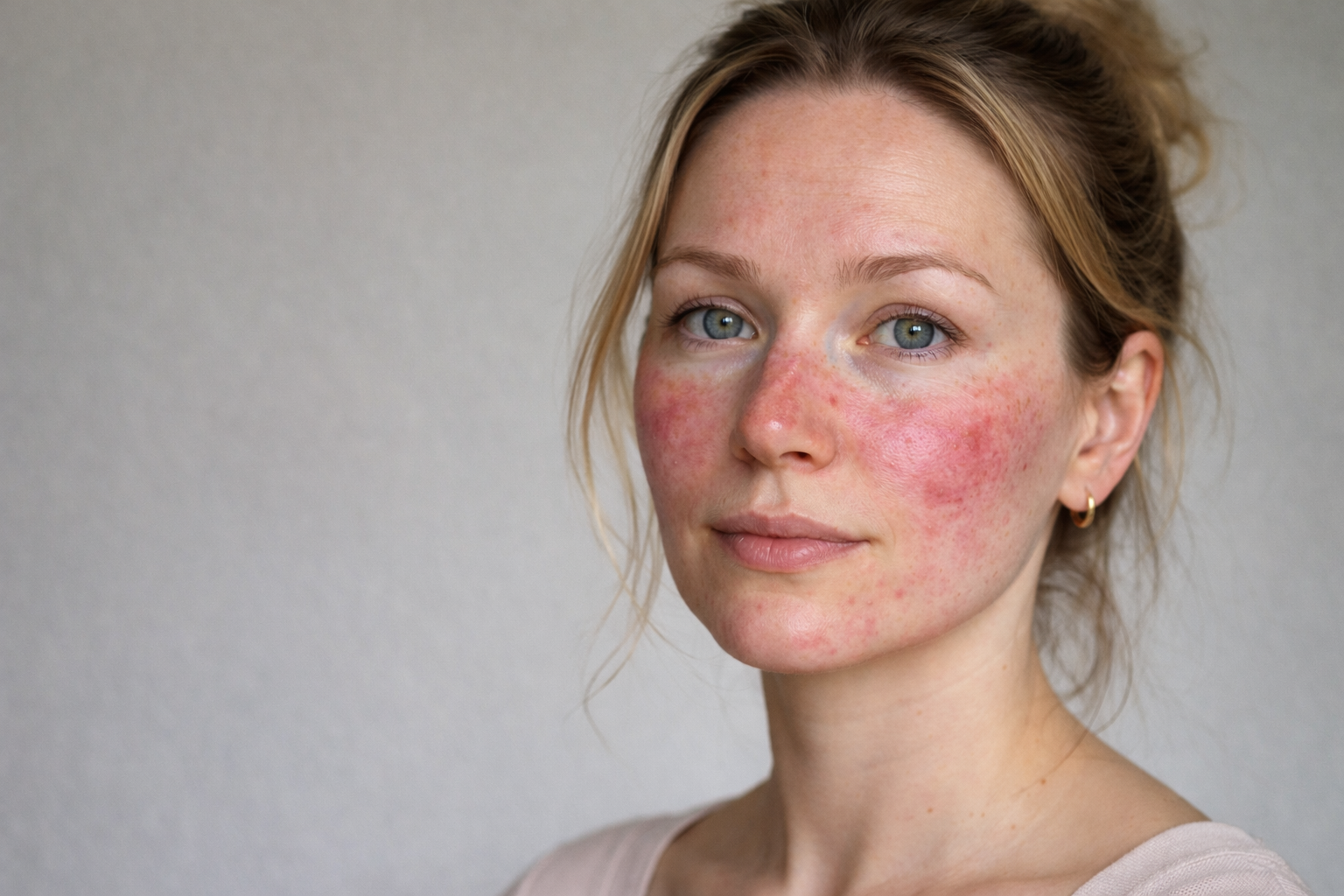


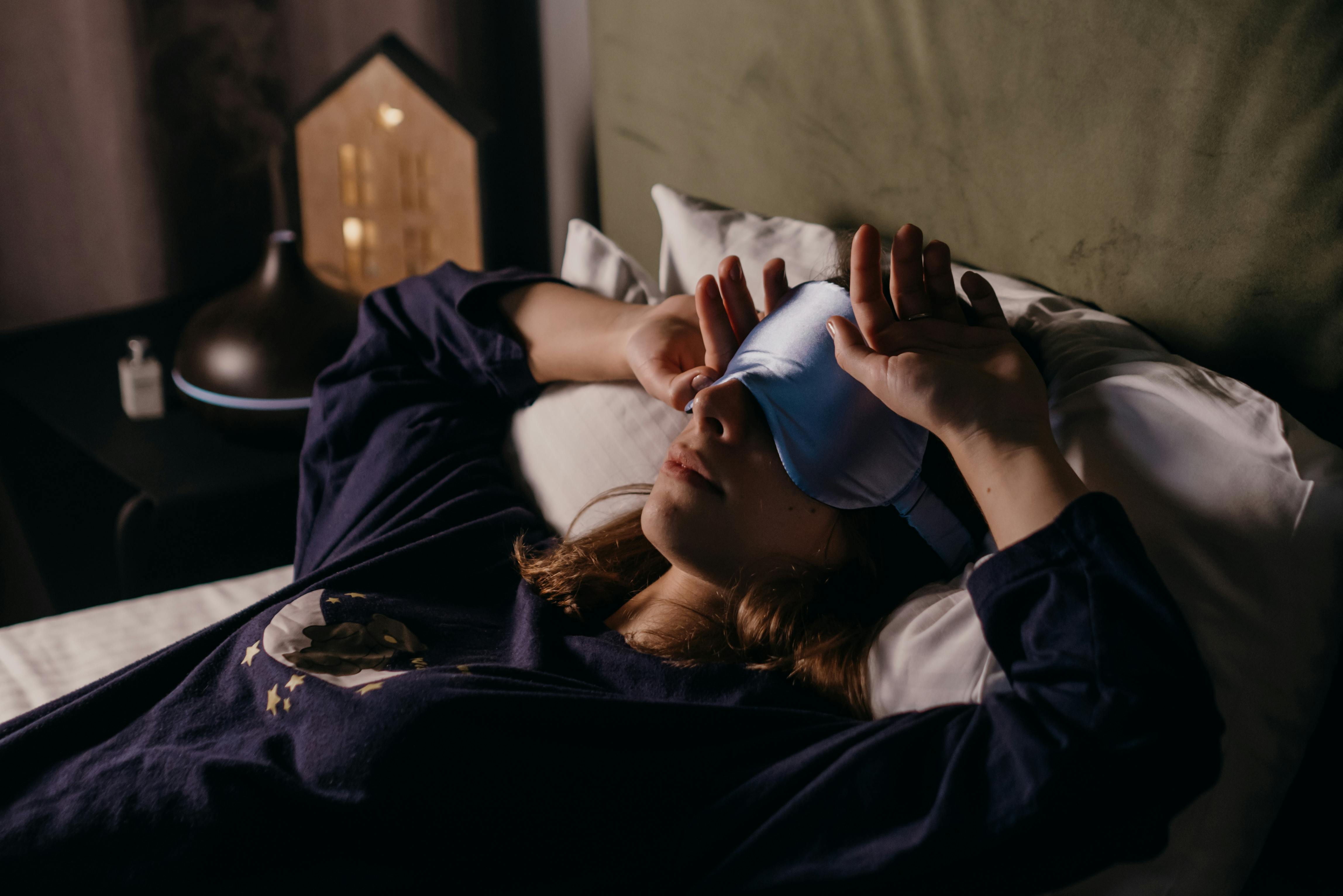












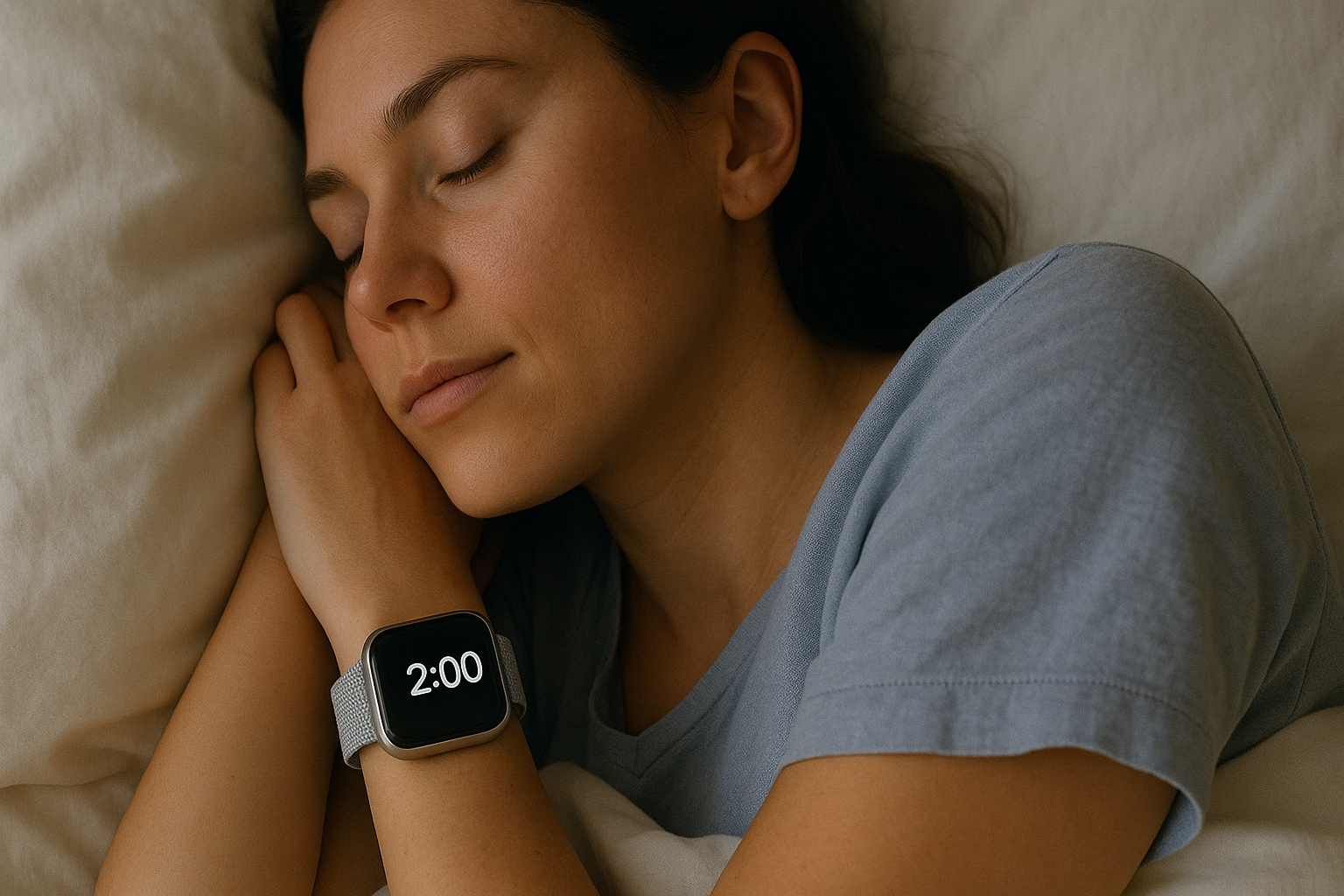


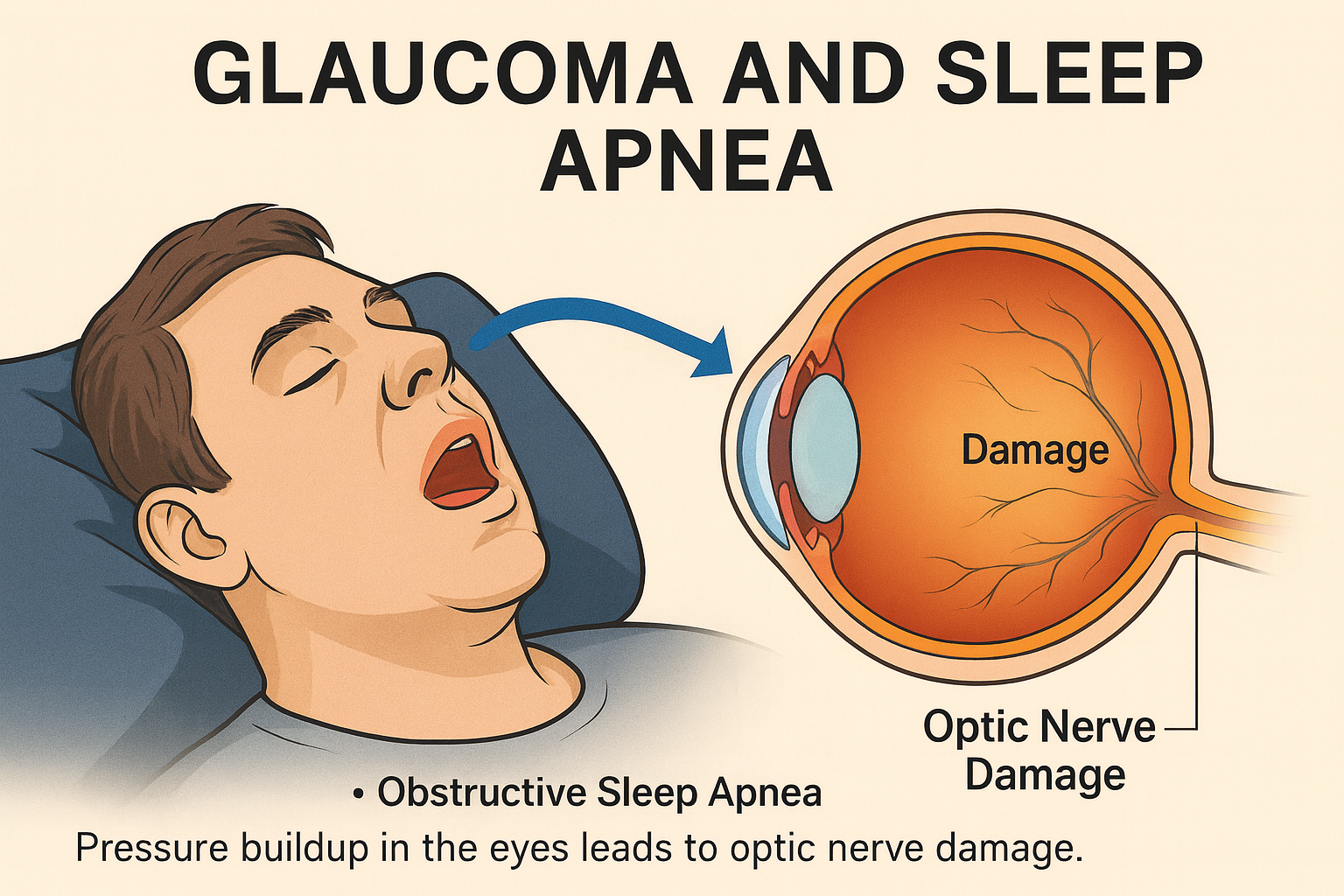

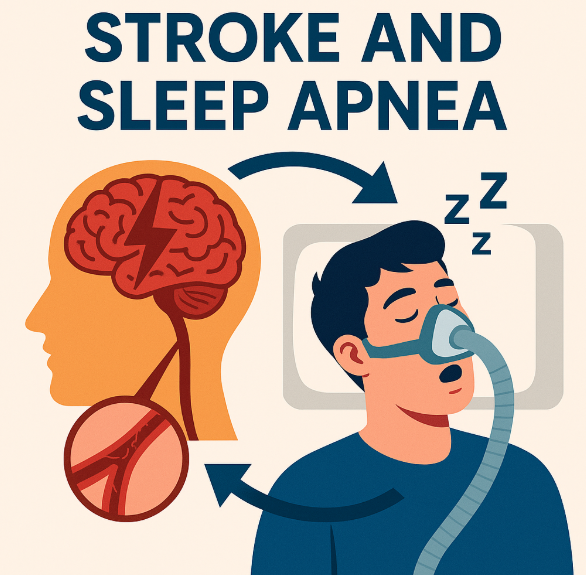
































































%20thumbnail.jpg)
.png)